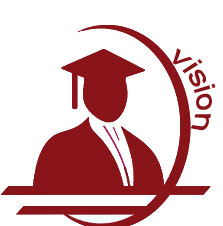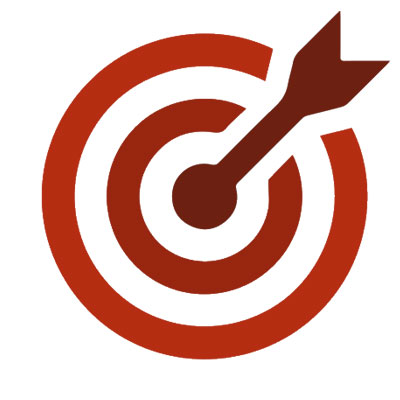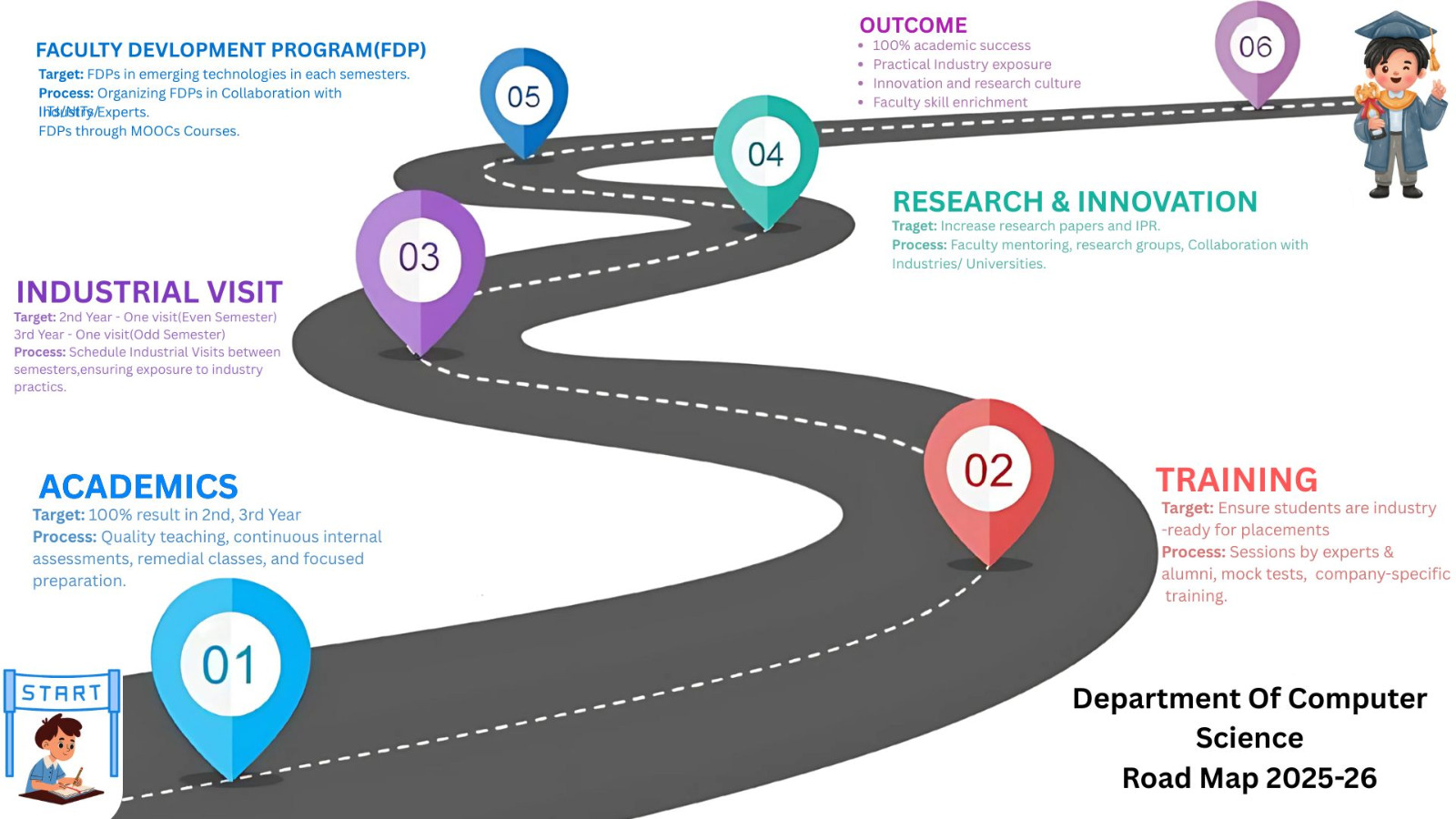The Computer Science (CS) Department at MIET, established in 2023 on the 7th floor of M Block, has quickly emerged as a center of academic excellence, technological innovation, and skill development. Within its first year, the department has organized a series of impactful events, programs, and activities, focusing on both technical expertise and holistic growth.
To View Department Booklet 2025-26 Click Here
| Courses Outcome |

To become a premier department producing self-sufficient, skilled, and competent technocrats, fostering innovation and value-based learning, and contributing to society’s technological advancement.
To impart value-based education in computer science, equipping students with the knowledge and skills to become self-reliant professionals and to develop competent individuals who can address the evolving challenges in the global tech landscape.

Welcome to the Department of Computer Science at MIET. It is my privilege to lead this dynamic and fast-growing department that focuses on academic excellence, technical advancement, and overall development.
The Vision of our department is to become a premier center, producing self-sufficient, skilled, and competent technocrats, fostering innovation and value-based learning, and contributing to society’s technological advancement.
Our Mission is to impart value-based education in computer science, equipping students with the knowledge and skills required to become self-reliant professionals. We are committed to developing competent individuals who can address the evolving challenges in the global tech landscape.
As the Head of Department, I take immense pride in the achievements of our students and faculty. We emphasize practical learning, innovative thinking, and research-driven education. Our focus is not only on imparting technical knowledge but also on shaping future-ready professionals who can make meaningful contributions to society.
I invite you to be part of this exciting journey of growth, innovation, and success. Together, let’s build a future where technology and values go hand in hand.

Ms. Shivani Rohilla
Associate Professor
PEOs |
PSOs |
|
|
Program Outcome |
Engineering Graduates will be able to:
|
